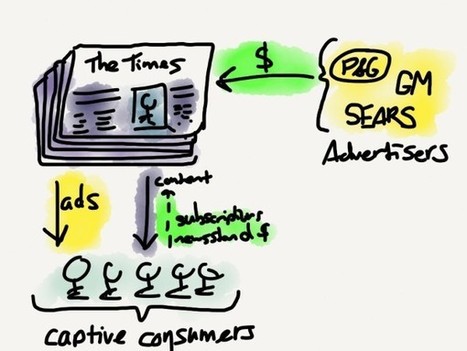The results read like a revelation. The national media really does work in a bubble, something that wasn’t true as recently as 2008. And the bubble is growing more extreme. Concentrated heavily along the coasts, the bubble is both geographic and political. If you’re a working journalist, odds aren’t just that you work in a pro-Clinton county—odds are that you reside in one of the nation’s most pro-Clinton counties. And you’ve got company: If you’re a typical reader of Politico, chances are you’re a citizen of bubbleville, too.
The “media bubble” trope might feel overused by critics of journalism who want to sneer at reporters who live in Brooklyn or California and don’t get the “real America” of southern Ohio or rural Kansas. But these numbers suggest it’s no exaggeration: Not only is the bubble real, but it’s more extreme than you might realize. And it’s driven by deep industry trends....



 Your new post is loading...
Your new post is loading...














Politico crunched the data on where journalists work and how fast it’s changing. The results should worry you. Recommended reading! 9/10